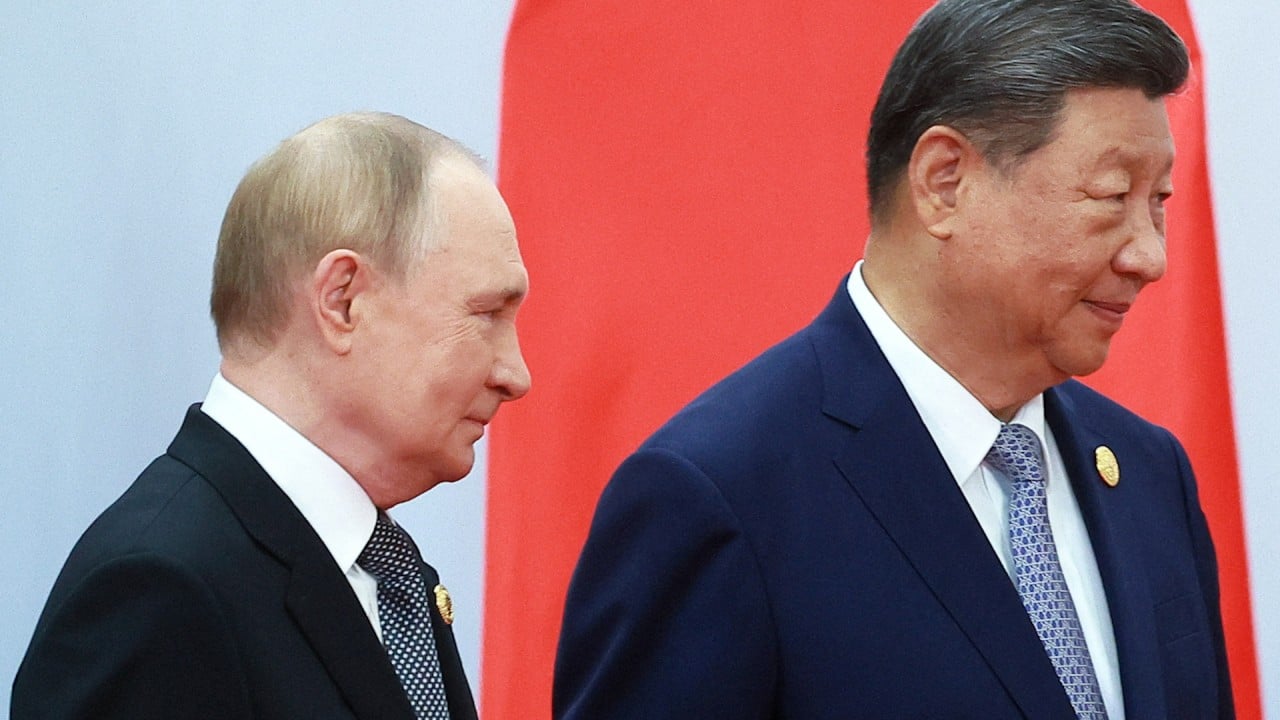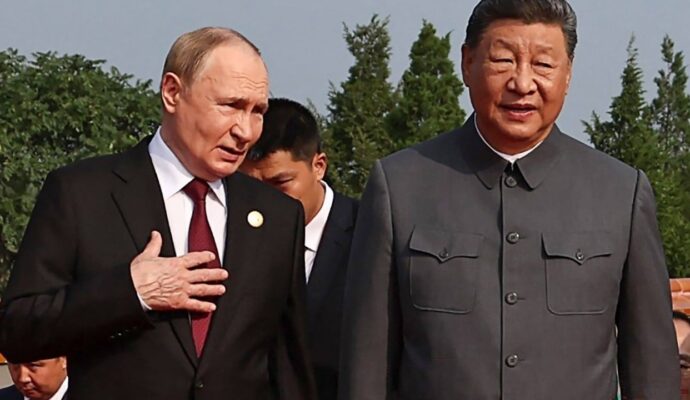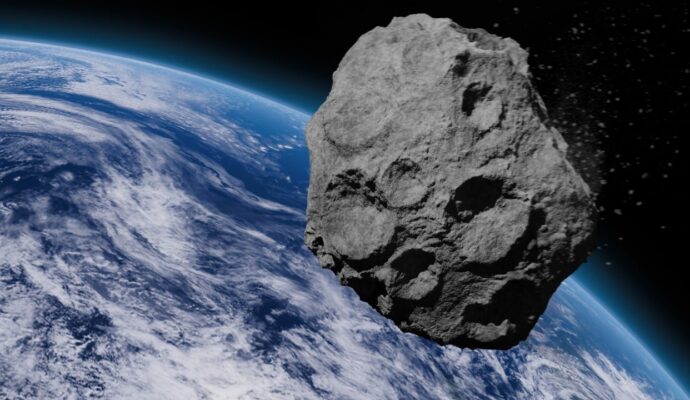Advertisement
It was a historic occasion but the gathering of Asia’s Big Three powers was not preceded (as the Yalta summit was) by a Bretton Woods-type multilateral agreement on how the international monetary and economic systems were to evolve from here on.
This omission was pivotal, something which not just Asian powers like China, Russia and India, but also Western nations, need to get to grips with.
Leaders can meet their counterparts and issue declarations of political and strategic cooperative intent, but the implementation of such pledges is something else. Putting in place new Bretton Woods-type monetary and economic development institutions as well as trade and tariff regimes of the complexity of the World Trade Organization is a huge task. Yet it will be needed if the world is not to fragment further into blocs.
The SCO could certainly add weight to such an initiative. The SCO’s combined group of members, observer states and dialogue partners has reached 27, representing countries in Central and Southeast Asia, along with China, India, Russia, Iran and others.



